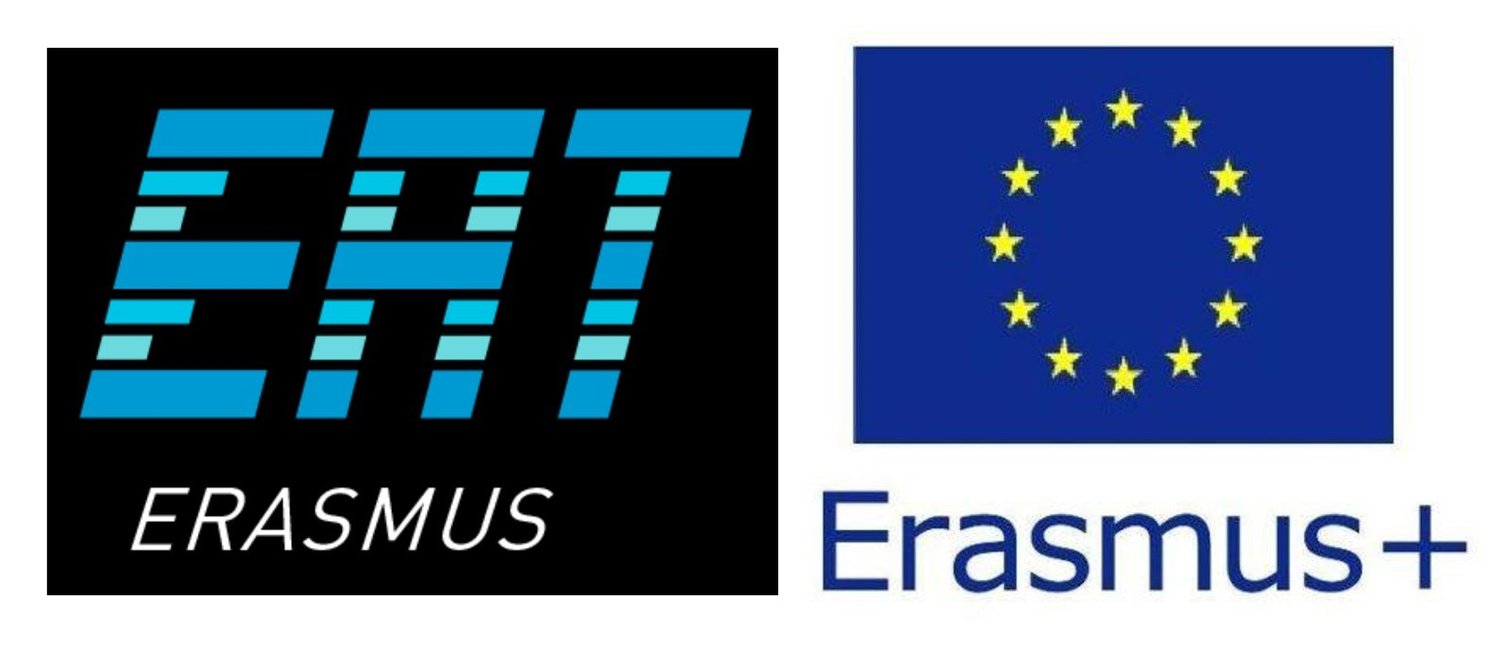1.6 Self-regulation models
There are many different models of self-regulation. These models have different emphases informed by their different theoretical underpinnings:
· Phenomenological (how an individual experiences learning)
· Social cognitive (how individuals acquire knowledge by observing and interacting with others)
· Volitional (around motivations based on values and expectations)
· Cognitive constructivist information processing models (how individuals make sense of, store, and process information –cognitive based).
Key models include the works of:
Boekaerts 1992a, 1992b, 1994, 1995, 1996a, 1996b, 1997, 1999, 2002, 2006; Borkowski et al., 2000; Efklides 2011; Hadwin, Jarvela & Miller, 2011; Pintrich 1989; Winne 1996, and Winne & Hadwin 1998,Winne 2001; Zimmerman, 1989, 2000, 2001, 2002, 2008, 2011.
See Al ‘Adawi (2020); Panadero (2017); Puustinen & Pulkkinen (2001) for an overviews of these models.
In summarising key points of similarity and difference between the SRL models, Zimmerman (2001) identified four key areas of variation:
(i) whether the key source of motivation for an individual is internal or external. For example, in SRL approaches underpinned by constructivist thinking, emphasis is on the individual needing to resolve curiosity/cognitive conflict – the need for cognition. Whereas in socio-cognitive based SRL approaches, emphasis is on the importance of managing self-efficacy beliefs (beliefs in ability to do well) in relation to attainment of goals.
(ii) key processes learners go through while self-regulating. For example, in cognitivist and information processing based models of SRL, key processes are focused on constructing schema, strategies or personal theories and managing the storage and transfer of information. In socio-cognitive based SRL models, emphasis is on managing sense of self (self-judgement/evaluation).
(iii) expected social and physical effect on self-regulation – emphasizes different strategies depending on the underpinning model of SRL (observation, modelling approaches, discovery learning).
(iv) methods for acquiring SRL (i.e., self-development, shared regulation, increasing capacity through repetition/automation to enhance working memory capacity; emotional regulation strategies).




